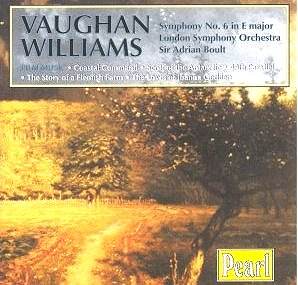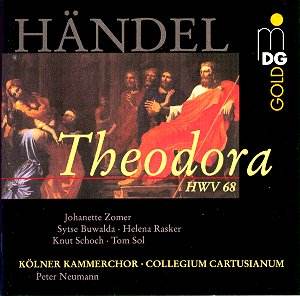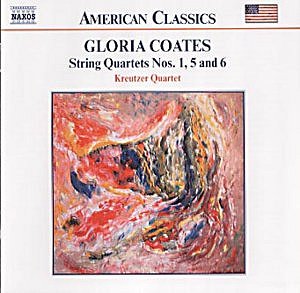 Composer: Ralph Vaughan Williams
Composer: Ralph Vaughan Williams
Works: Symphony No. 6 (1948), Scott of the Antarctic (1948), Coastal Command: Prelude, Sunderland Goes in Close (1942), 49th Parallel – Epilogue (1941), The Story of a Flemish Farm – Dawn Scene (1943), The Loves of Joanna Godden (1945)
Performers: London Symphony Orchestra/Adrian Boult, Philharmonia Orchestra/Ernest Irving, BBC Northern Orchestra/Muir Mathieson
Recording: 23-24 Feb 1949 under auspices of British Council, various dates for film music extracts
Label: EMI
Ralph Vaughan Williams, a titan of British music, composed Symphony No. 6 in 1948, a work reflective of the turbulent post-war landscape. This symphony, alongside the earlier Fourth, embodies a profound and often unsettling exploration of human experience, marked by both violence and melancholy. Although Vaughan Williams distanced himself from interpretations that linked these works to the recent global conflicts, the emotional weight of the era undeniably permeates the music. The present recording, featuring the London Symphony Orchestra under the direction of Adrian Boult, captures this complexity with haunting clarity.
The performance itself is a striking portrayal of Vaughan Williams’ intent. Boult, renowned for his affinity with the composer’s oeuvre, infuses the work with a volatility that mirrors its emotional depth. The first movement emerges with a “pummeling violence,” where the orchestra’s combined forces create a marine yearning, evoking not only the tumult of the sea but also the existential struggles of humanity. This contrasts sharply with the epilogue, which unfolds with a spectral quality, revealing echoes of Holst’s “Neptune” and the somber resignation found in Bax’s Sixth Symphony. The orchestral balance is commendable, particularly in the way the strings and brass interact, with the latter often delivering a stark commentary on the thematic material.
Recording quality is an essential aspect of this release, particularly for a performance dating back to 1949. The sound engineering, helmed by Roger Beardsley, showcases a remarkable fidelity for its time, allowing the listener to appreciate the nuances of the orchestration. While the mono sound inevitably carries surface noise, the clarity of the instrumental lines and the dynamic range of the performance are preserved, creating an immersive experience. The inclusion of film music extracts further enriches this disc, demonstrating Vaughan Williams’ versatility and the freedom he often found in cinematic composition. The tracks from “Scott of the Antarctic” reveal an ingenious use of percussion and vocal elements, with a solo soprano whose identity, regrettably, remains a mystery but whose ethereal contributions are profoundly moving.
When considering the film music, the “Coastal Command” Prelude may initially seem lackluster, yet the depiction of the flying boat approaching a German raider showcases Vaughan Williams’ ability to convey narrative through sound. The Dawn Scene from “The Story of a Flemish Farm” is particularly poignant, with its haunting solo violin and the foreboding climax that foreshadows the narrative’s tragic elements. Each selection is carefully curated, providing a vivid insight into the film scores’ original context and enriching our understanding of Vaughan Williams’ broader musical landscape.
This recording of Vaughan Williams’ Symphony No. 6 stands as a valuable addition to any serious collection, functioning not only as a historical document but also as an enduring representation of the composer’s introspective and often darkly beautiful musical language. The synergy of Boult’s interpretation, the orchestral execution, and the thoughtful sound engineering culminates in a performance that resonates with the emotional and sonic depths of Vaughan Williams’ vision. For both the seasoned aficionado and newcomers alike, this disc reveals the rich tapestry of a composer grappling with humanity’s complexities in a world forever altered by conflict.



